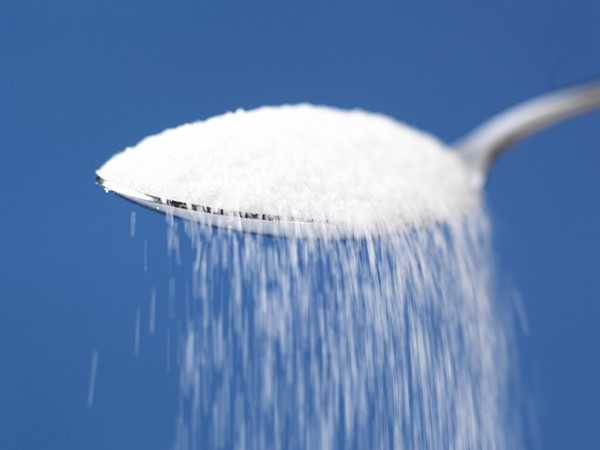YORK, UK – New research by a University of York scientist has given tea and coffee drinkers new information about why their favourite drinks taste as they do. The study by Dr Seishi Shimizu, of the York Structural Biology Laboratory in the University’s Department of Chemistry, shows that sugar has an important effect in reducing the bitterness of tea and coffee, not just by masking it but by influencing the fundamental chemistry.
The research published in Food and Function reveals new insights into the way in which caffeine, sugar and water interact at the molecular level to affect the taste of hot beverages.
Appreciated for its “reviving” stimulant effect, caffeine is, however, also in part responsible for the bitter taste in tea and coffee.
The caffeine molecules tend to stick to each other when in water, and this tendency is further enhanced by the addition of sugar. For many decades, scientists have assumed that this was due to the strengthening of bonds between water molecules around the sugar.
But Dr Shimizu’s research instead suggests that the underlying cause is the affinity between sugar molecules and water, which in turn makes the caffeine molecules stick together (or aggregate) in order to avoid the sugar. This is why we experience less of their bitter taste.
Proper understanding of the fundamental rationale behind this process may assist food scientists in many ways.
He used statistical thermodynamics – a branch of theoretical physical chemistry linking the microscopic realm with the everyday world – to investigate the molecular-level activities and interactions behind our daily food and drink.
Dr Shimizu says: “It is delightful indeed that food and drink questions can be solved using theory, with equipment no more complex than a pen and paper.
Encouraged by this discovery, and our recent success on how to make jelly firmer, we are working hard to reveal more about the molecular basis of food and cooking.”


















